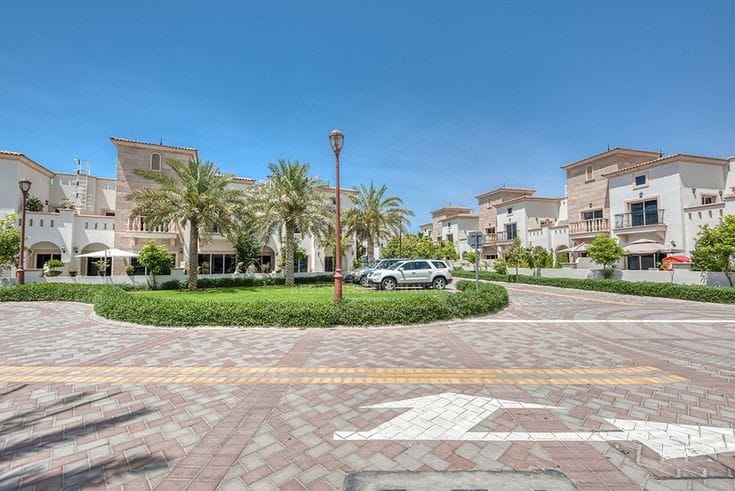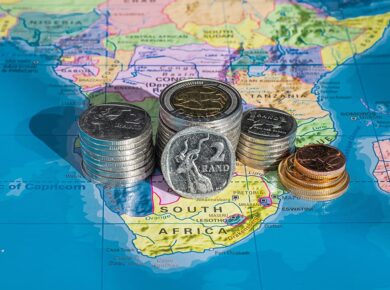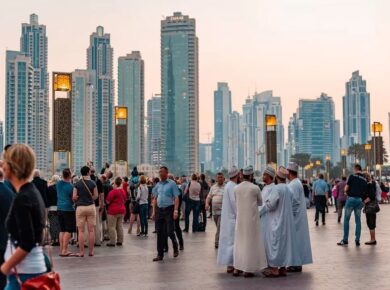The Shifting Landscape of Commercial Real Estate in the UAE
Commercial real estate is an important component of the UAE’s economy, as it plays a significant role in attracting foreign investment and driving economic growth. The UAE’s commercial real estate market has undergone significant transformation over the past few years, and there are several key trends that are likely to shape its future.
One of the most significant trends in the UAE’s commercial real estate market is the rise of smart cities. The UAE is a leader in smart city development, with cities like Dubai and Abu Dhabi investing heavily in technology and infrastructure to create connected, sustainable, and efficient urban environments. This is likely to drive demand for commercial real estate that supports smart city initiatives, such as office buildings with smart features and data centers.
Another trend that is likely to shape the future of commercial real estate in the UAE is the growing demand for flexible workspaces. With the rise of remote working and the gig economy, there is an increasing need for flexible, shared workspaces that can accommodate a variety of businesses and work styles. This has led to the growth of co-working spaces and serviced offices, which are likely to continue to gain popularity in the coming years.
The UAE’s commercial real estate market is also likely to be impacted by changing consumer preferences and behavior. The rise of e-commerce has led to a decline in demand for traditional brick-and-mortar retail space, while the growth of online delivery services has increased the need for logistics and warehousing space. This is likely to drive demand for commercial real estate that supports e-commerce and logistics activities, such as fulfillment centers and last-mile delivery hubs.
Sustainability is another important trend that is likely to shape the future of commercial real estate in the UAE. The UAE has set ambitious sustainability targets, including plans to achieve net-zero carbon emissions by 2050. This is likely to drive demand for commercial real estate that supports sustainable practices, such as green buildings and renewable energy installations.
Finally, the UAE’s commercial real estate market is likely to be impacted by geopolitical and economic factors. The ongoing tensions in the Middle East, as well as global economic uncertainty, could impact demand for commercial real estate in the region. However, the UAE’s stable political and economic environment, as well as its strategic location and infrastructure, are likely to continue to attract foreign investment and support the growth of the commercial real estate market.
In conclusion, the future of commercial real estate in the UAE is likely to be shaped by several key trends, including the rise of smart cities, the growth of flexible workspaces, changing consumer preferences, sustainability, and geopolitical and economic factors. As the market evolves, it will be important for stakeholders to stay attuned to these trends and to develop strategies that support sustainable, innovative, and resilient commercial real estate development.





